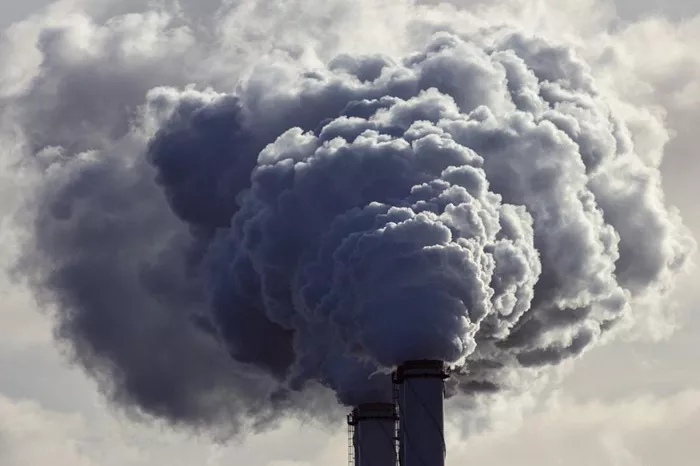An international team of researchers, led by the Max Planck Institute and including authors from the University of Sydney, has published a study in Nature highlighting the nuanced impact of nitrogen emissions on the global climate. Contrary to conventional wisdom, the study reveals that nitrogen emissions from fertilisers and fossil fuels exert a net cooling effect on the climate, mitigating global warming by approximately minus 0.34 watts per square metre. This cooling effect is attributed to several mechanisms: the formation of short-lived nitrogen oxides from fossil fuel combustion, which produce fine particles that shield sunlight; ammonia release from agricultural activities, which has a similar cooling effect; enhanced plant growth due to nitrogen application, leading to increased CO2 absorption; and the role of nitrogen oxides in reducing atmospheric methane, a potent greenhouse gas.
However, despite these findings, the researchers caution against viewing nitrogen emissions as a climate solution. “Increasing rates of nitrogen in the atmosphere to combat climate change is not an acceptable compromise, nor is it a solution,” emphasized Professor Federico Maggi from the University of Sydney’s School of Civil Engineering. Sönke Zaehle from the Max Planck Institute echoed this sentiment, underscoring the detrimental effects of nitrogen emissions on health, biodiversity, and the ozone layer.
The study underscores the complexity of nitrogen’s impact on climate, as different nitrogen compounds can have both warming and cooling effects. For instance, nitrous oxide (N2O) is nearly 300 times more potent than CO2 as a greenhouse gas, while other forms of nitrogen contribute to ozone formation in the troposphere, exacerbating global warming.
Professor Maggi highlighted the importance of their research in understanding the intricate interactions involving nitrogen emissions from agriculture. “This work demonstrates how complex planetary-scale interactions cannot be simplified, emphasizing the need for sophisticated mathematical models,” he stated. He stressed that while nitrogen may temporarily mitigate warming effects, significant reductions in greenhouse gas emissions remain paramount for ensuring planetary safety.
The researchers utilized comprehensive modeling to assess the overall impact of human-derived nitrogen sources on the environment. By integrating data on nitrogen compounds in soil, water, and air into global nitrogen and carbon cycle models, they were able to quantify the effects on CO2 and methane levels in the atmosphere. These simulations were crucial in calculating the radiative forcing effects of nitrogen emissions, providing insights into their broader climatic implications.
In conclusion, while nitrogen emissions present a complex interplay of climate effects, the study underscores the urgent need for substantial reductions in greenhouse gas emissions to mitigate global warming effectively. As Professor Maggi emphasized, “Understanding alone is insufficient; urgent action to reduce emissions is imperative.”
Related topics:
What Is Oil Made Out Of Fossil Fuels?

